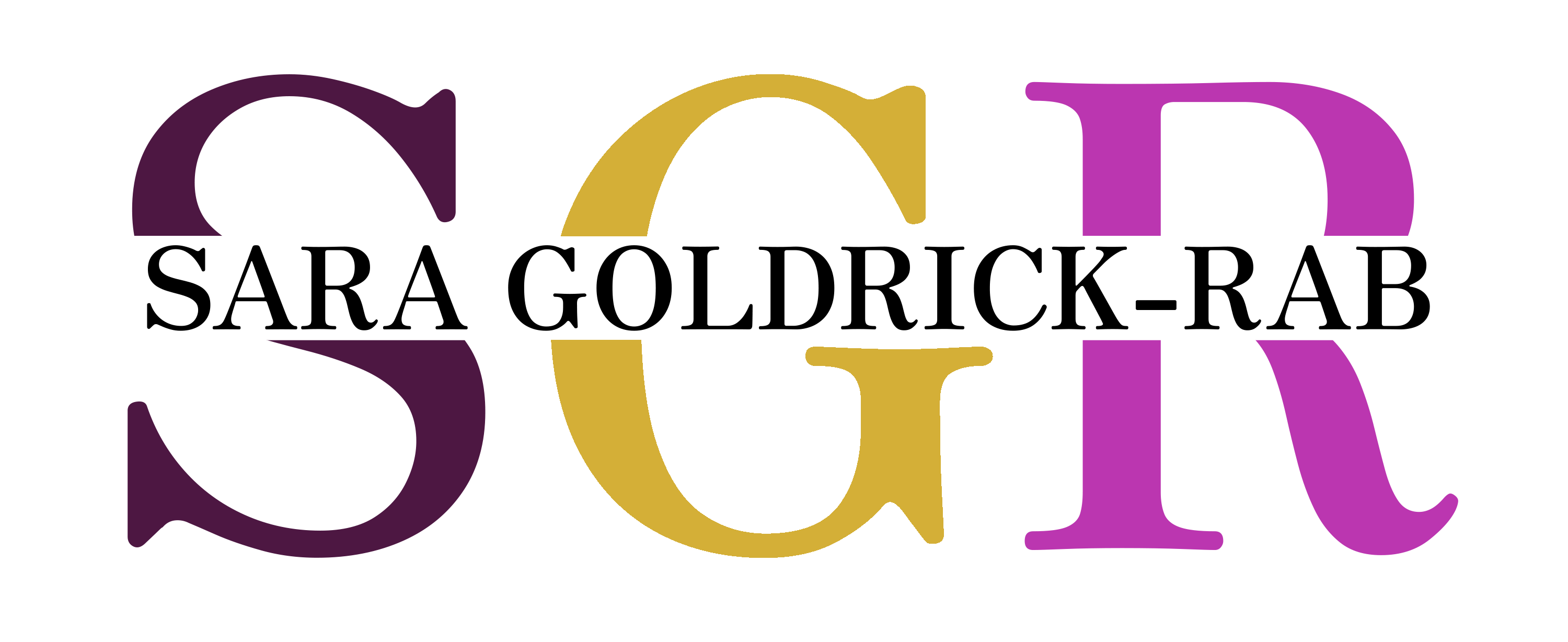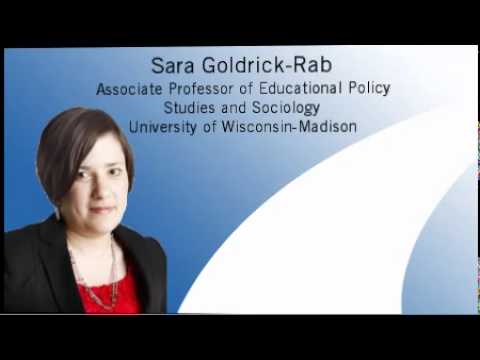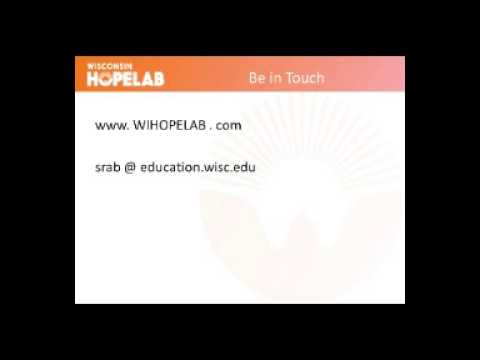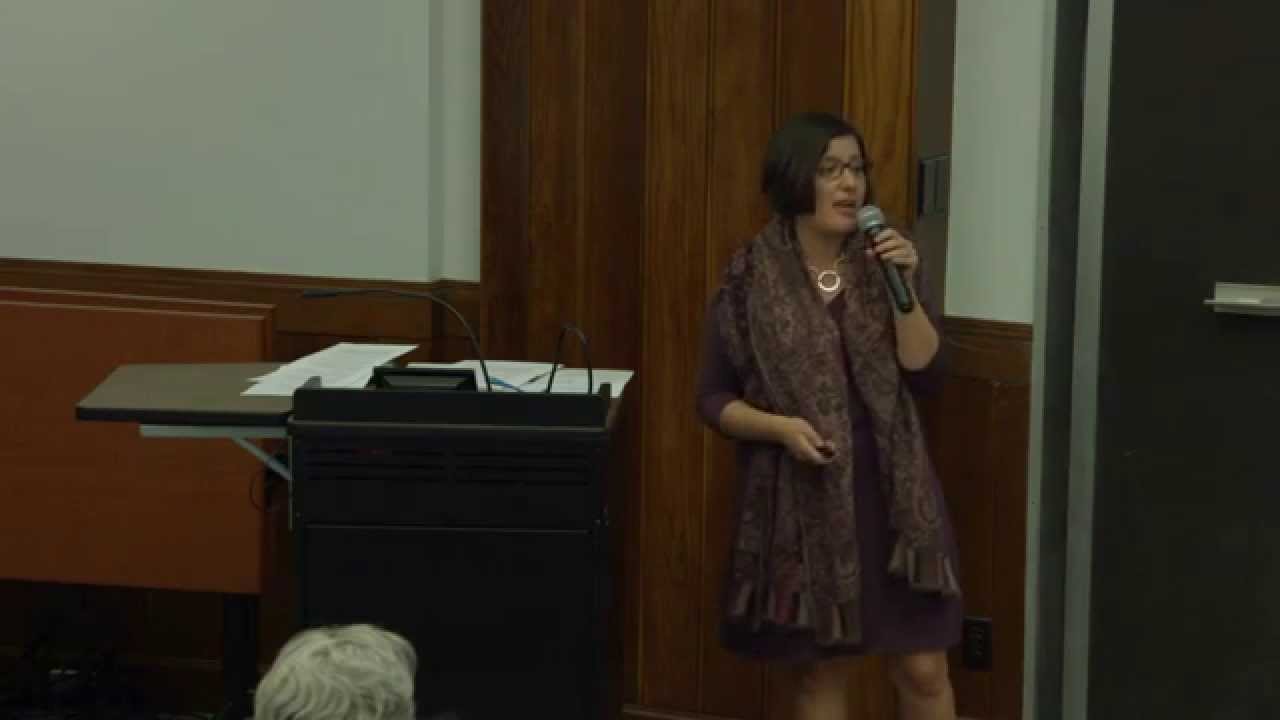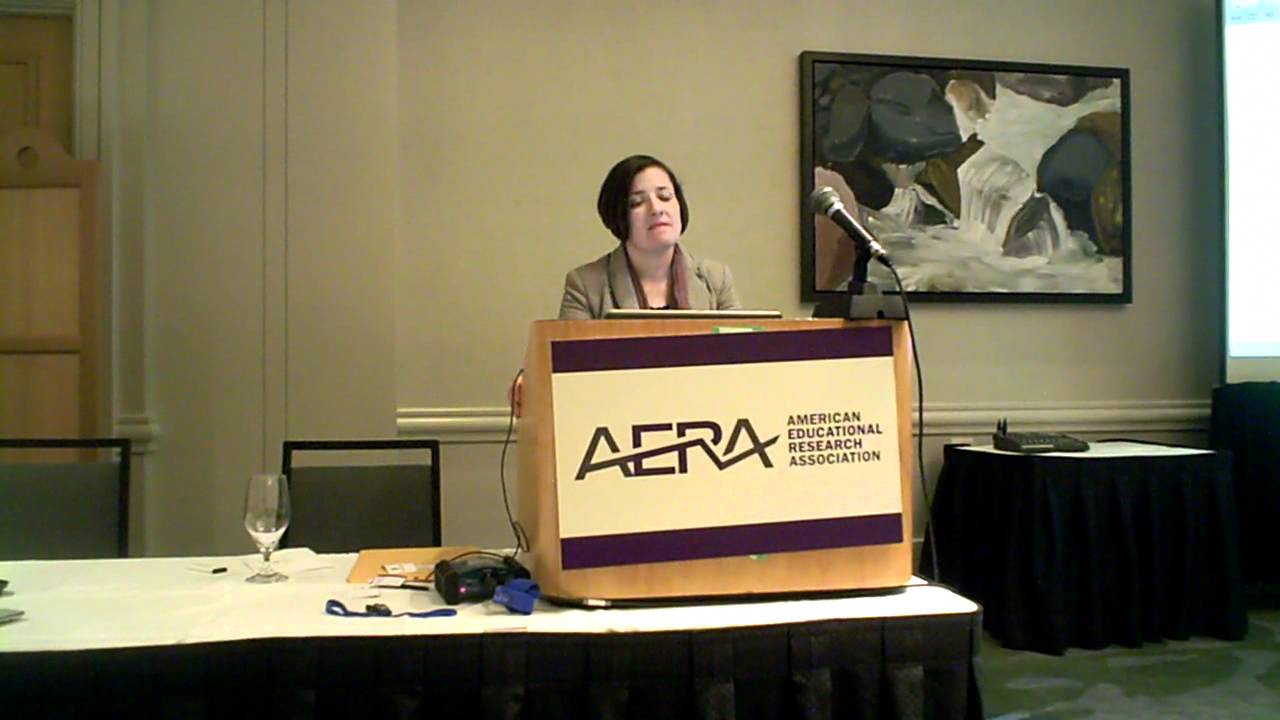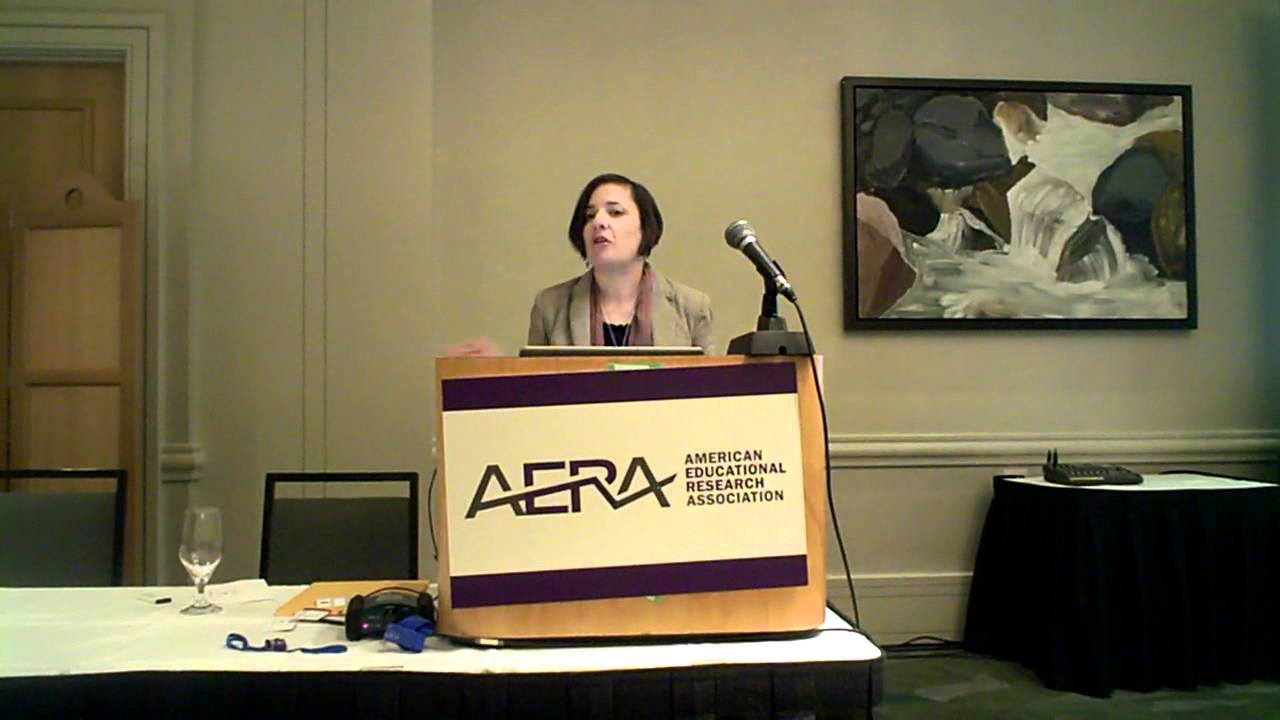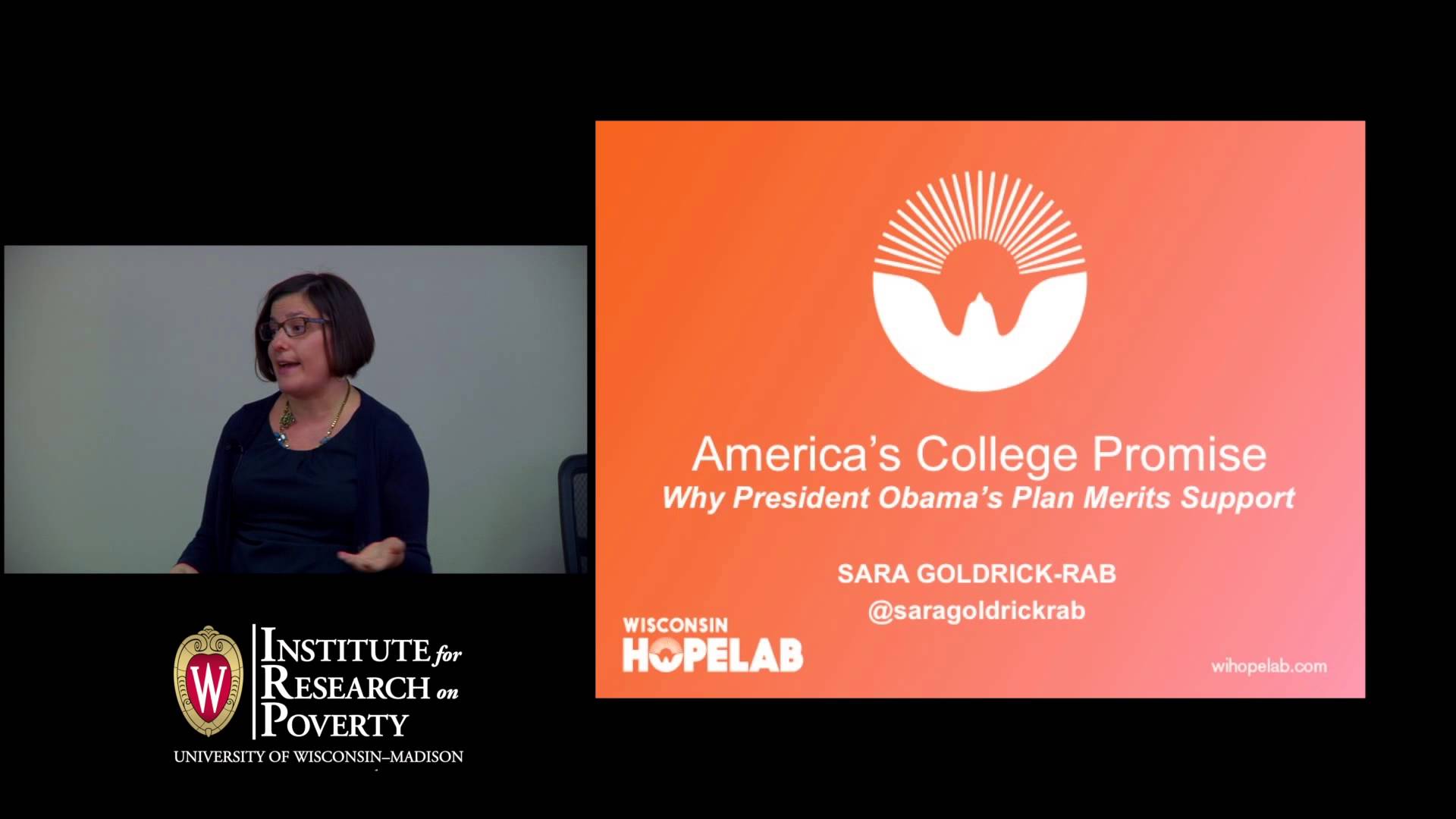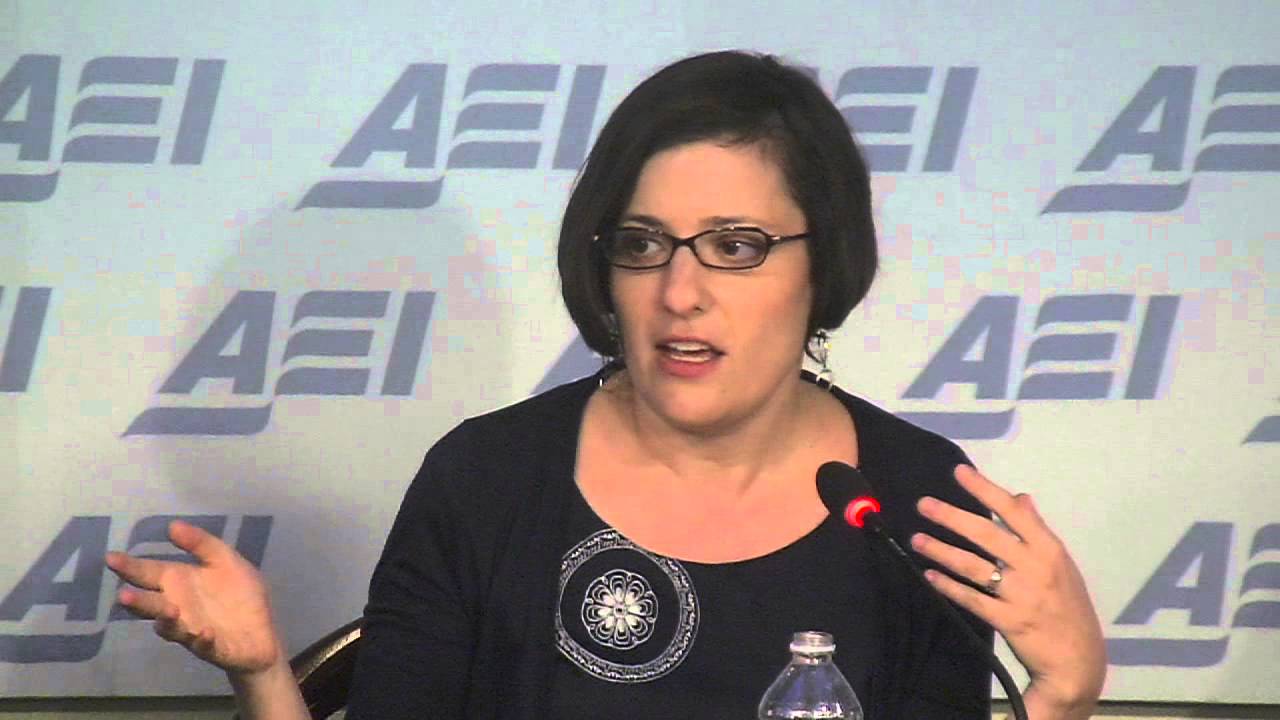Social scientists are increasingly concerned with both identifying and explaining phenomena of interest, including the impacts of policies and practices. Many agree that given the limitations of any specific methodological tool, endeavors to understand the “hows” and “whys” of observed relationships are best informed by mixed methods research. But what is mixed methods research and how is it best conducted? This course covers the theory and practice of mixed methods research in the social sciences with an emphasis on the pragmatic considerations that contribute to the success or failure of such projects. We discuss the development and execution of mixed method studies, the analyses of data obtained from multiple methodological approaches, and the practical tools required to do the work. Throughout the course, we examine specific applications of mixed methods research and learn from researchers who have thought through the art and the science required to utilize this approach.
 Howard Strug
Howard Strug
Introduction to Debates in Higher Education Policy
In this course I hope that you will learn to think critically about several debates in contemporary higher education policy. Class discussions will explore the tensions between key policy goals such as quality, equity, and efficiency, and the results (including unintended consequences) of those tensions. We will also examine the theory and research brought to bear on policy debates, and how it is used—or not used—to shape policy agendas. By the end of this class, you should be able to read and think critically about an array of higher education policies, communicate effectively regarding your thinking on higher education policy issues with others, carefully analyze higher education policies, and clearly and succinctly convey your thinking in writing.
